The only source of knowledge is experience
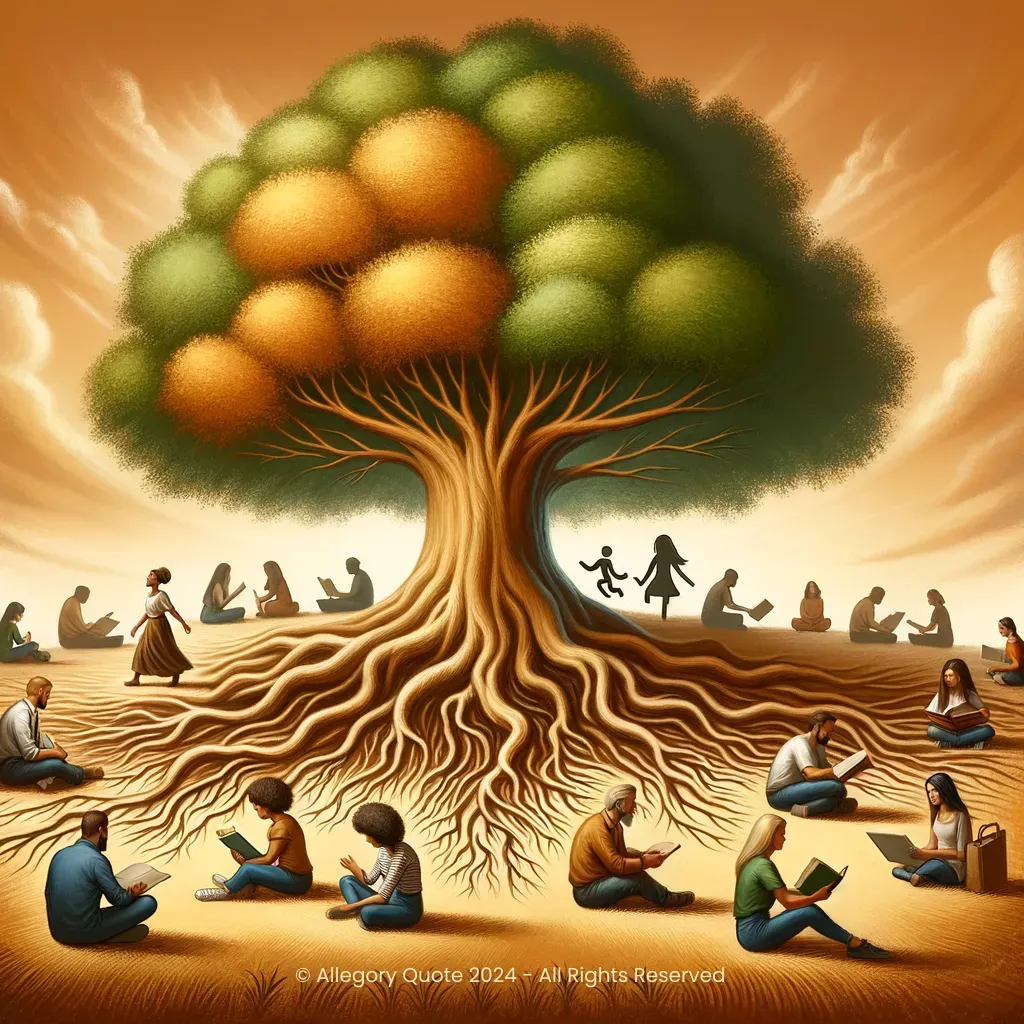
- Meaning
- The phrase indicates that knowledge cannot be fully understood until it has been experienced. Philosophically, it highlights the importance of empirical evidence, where personal experiences shape our understanding and insights about the world. Psychologically, it correlates to experiential learning theories, which propose that we learn best through hands-on experiences rather than passive learning. Historically, this notion has influenced various educational models advocating for practical learning environments.
- Allegory
- In the allegorical image, the tree represents wisdom and knowledge, connected to the idea that deep roots indicate a strong foundation of experience. The individuals engaged in learning symbolize the diverse paths through which knowledge can be acquired, reminiscent of Einstein's assertion. The warm colors evoke positive emotions, underscoring the journey of growth through practical experiences.
- Applicability
- In everyday life, one can apply this lesson by actively seeking experiences that broaden their understanding of concepts, whether they be in academic settings, personal relationships, or professional fields. For instance, hands-on activities or real-life problem-solving can lead to deeper insights than reading alone.
- Impact
- This phrase has encouraged a widespread recognition of the importance of experiential learning in pedagogy, influencing educational reform movements that focus on student-centered learning practices. It is often quoted in discussions about educational philosophy and the value of learning by doing.
- Historical Context
- The historical context of this phrase might be linked to the early 20th century, corresponding to the rise of constructivist theories in education and the increasing emphasis on experiential learning over rote memorization. It reflects a shift in educational philosophy during this period.
- Criticisms
- Critics may argue that experience alone is not sufficient for acquiring knowledge, pointing to the dangers of anecdotal learning or the limitations of personal experiences that may not be universally applicable. They could suggest that theoretical knowledge also plays a vital role in shaping our understanding.
- Variations
- Variations of the phrase exist in other cultures, such as the African proverb "Wisdom is like a baobab tree; no one individual can embrace it," highlighting that wisdom grows through shared experiences. Such interpretations reinforce the idea that learning is rooted in experience, but they may emphasize community involvement.
-

Once we accept our limits, we go beyond them.
-
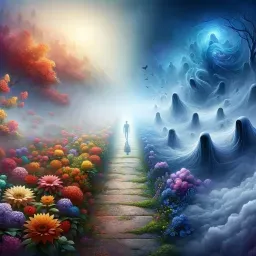
Reality is merely an illusion, albeit a very persistent one.
-
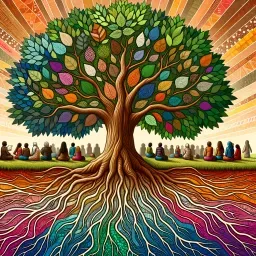
I am part of all that I have found on my path.
-

It is the supreme art of the teacher to awaken joy in creative expression and knowledge.
-

No problem can be solved from the same level of consciousness that created it.
-
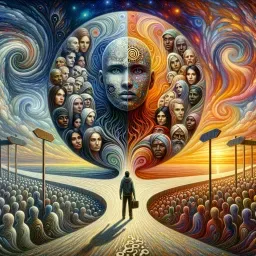
A question that sometimes drives me hazy: am I or are the others crazy?
-
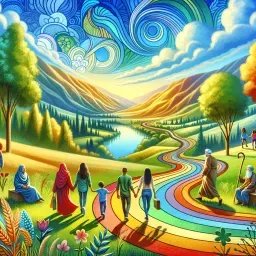
If the goal to achieve is happiness, the journey is always worthwhile.
-
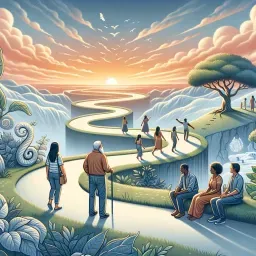
Learn from yesterday, live for today, hope for tomorrow. The important thing is not to stop questioning.
-

Whoever, in the journey of life, has lit even just a single torch in someone else's dark hour has not lived in vain.
-
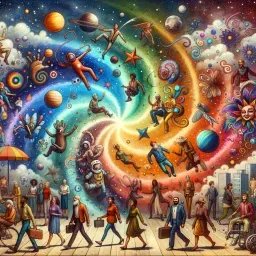
Two things are infinite: the universe and human stupidity; and I'm not sure about the universe.
-

You cannot reach the dawn without passing through the paths of the night.
-

Only a life lived for others is a life worthwhile.
No Comments